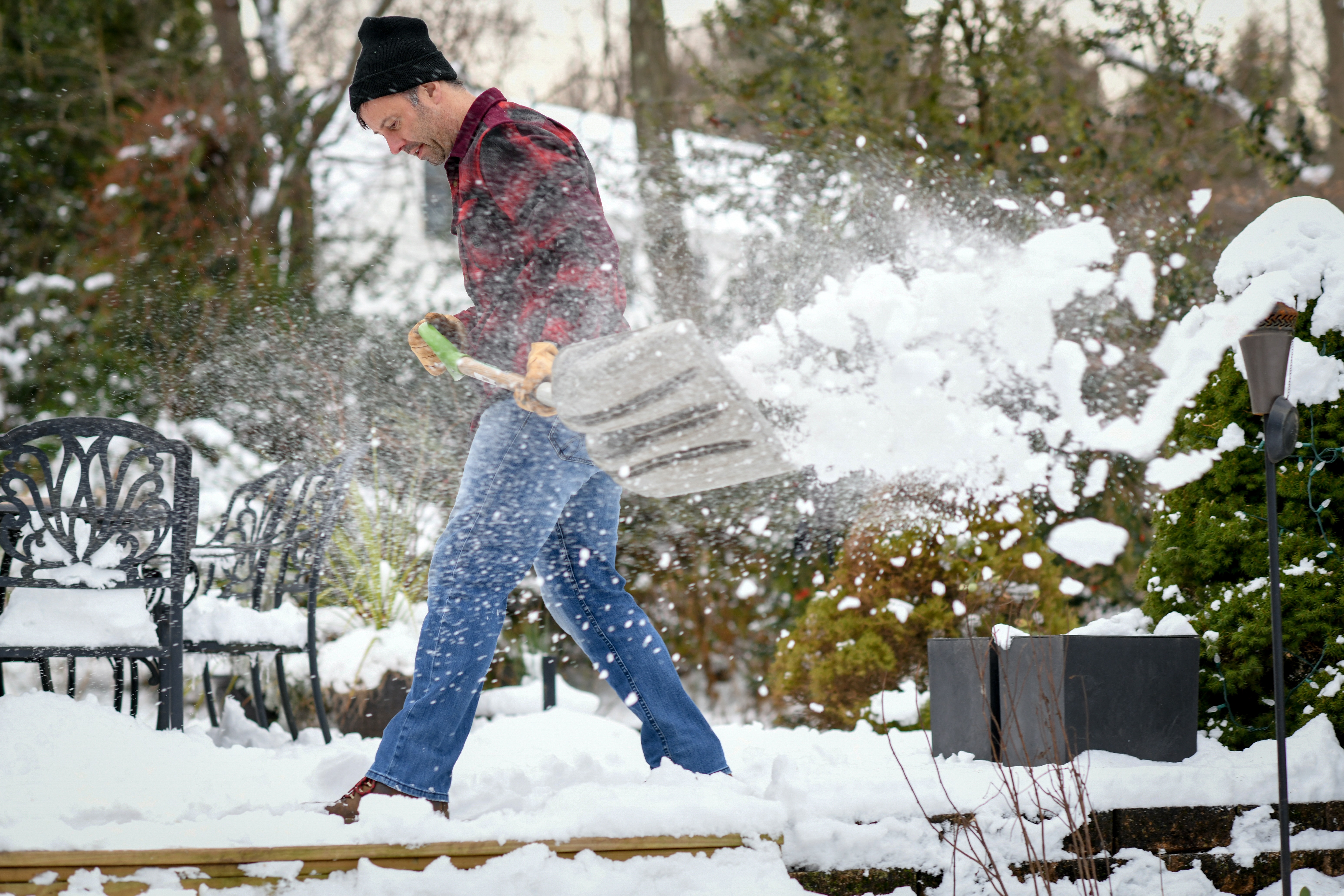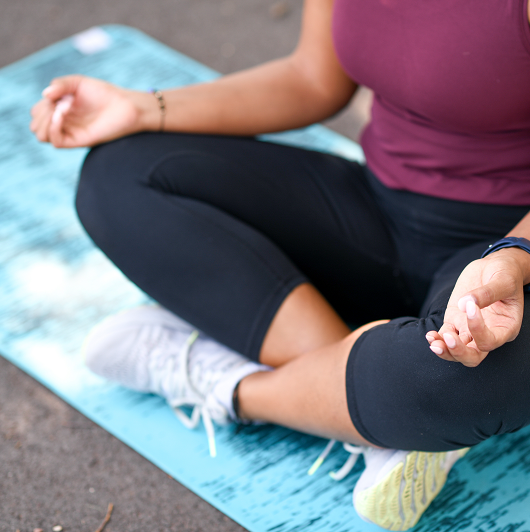How to Prepare for A Winter Storm

December 16, 2020
Updated: 12/6/22
Winter means the potential for a snowstorm for many folks across the country. A powerful winter storm can cause a higher risk of car accidents, cold weather injuries, carbon monoxide poisonings and even heart trouble due to overexertion from shoveling all that heavy snow.
If you’ve got snow in the forecast this winter, a little preparation can go a long way. We talked to Gerard Faugno, M.D., a family medicine specialist at Hackensack Meridian Medical Group about some things you can do to stay safe this winter:
Tips to keep safe during a snowstorm
- Stay off roads during the peak of the storm. If you must travel, give yourself plenty of time
- Stay indoors as much as possible, especially during gusty winds
- If you must be outdoors: dress in warm layers and wear secure footwear so you don’t slip
- If you need to spend time in a public indoor space to stay safe from the cold, be sure to follow basic precautions to protect yourself and others from COVID-19, the flu and other viruses
- Check on your elderly family and neighbors
- Keep an eye on your local forecast from a trusted weather source
Keep these items handy during a snowstorm
If there's a chance for a winter storm in your area, you should make sure you have the following items on hand in your home, just in case:
- Warm jacket or blankets in case of temporary power loss
- Enough food, water and essential medications for 2 to 3 days
- Your emergency kit and preparedness plan
- A full tank of gas in your vehicle or a fully charged EV
- Snow removal tools like shovels or snow blowers
- Snow melt and/or non-clumping kitty litter for sidewalks and walkways
- Extra masks since your nose may run more often during the colder weather
- A plastic zip-top bag to keep your gloves in after wearing them out to avoid contamination
“As with many things this year, it’s all about how you prepare for the situation,” says Dr. Faugno. “With a little bit of pre-planning, you can make sure you and your family are safe this winter.”
Next Steps & Resources:
- Meet our source: Gerard Faugno, M.D.
- Need a doctor near you? Call 800-822-8905 or visit our website.
The material provided through HealthU is intended to be used as general information only and should not replace the advice of your physician. Always consult your physician for individual care.
Find a doctor near me
How to Prepare for an Emergency

Prepare for emergencies. Learn essential steps for family safety & kit creation. Expert advice from Scott Skrivanek helps you create a plan. Get started today.
How to Avoid Slipping on Ice

Avoid winter falls! Dr. Porter shares tips for safer walking on ice, preventing injuries like ankle sprains and fractures. Learn how to walk and fall safely.




